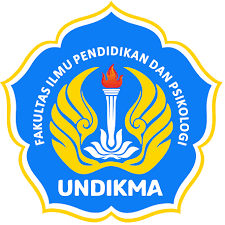Plagiarism Check
Manuscripts submitted to Journal of Mandalika Literature will be screened for plagiarism using the Turnitin plagiarism detector. Journal of Mandalika Literature will immediately reject papers that lead to plagiarism or self-plagiarism.
Journal of Mandalika Literature wants to ensure that all authors are careful and adhere to international standards for academic integrity, particularly in the area of plagiarism.
Plagiarism occurs when an author takes ideas, information, or words from another source without proper credit for the source. Even if it happens accidentally, plagiarism is still a serious academic offense and cannot be accepted in international academic publications.
When writers take ideas from other authors, citations are necessary even if the authors later develop the idea further. This may be an idea of how to interpret the data, either what methodology to use or what conclusions to draw. This may be an idea about a broad development in the field or general information. Regardless of the idea, the author must cite the source. In cases where the author develops the idea further, it is still necessary to cite the original source of the idea, and then in the next sentence, the author can explain his more developed idea.
When writers take words from other authors, quotations and quotation marks are required. Whenever four or more consecutive words identical to the source have been read by the author, the author must use quotation marks to indicate the use of another author's original words; just a quote is no longer enough.
Journal of Mandalika Literature takes academic integrity very seriously, and the editor reserves the right to withdraw acceptance from papers found to violate any of the standards set out above. For further information, prospective authors can contact the editorial office at jcm@cahayamandalika.com









